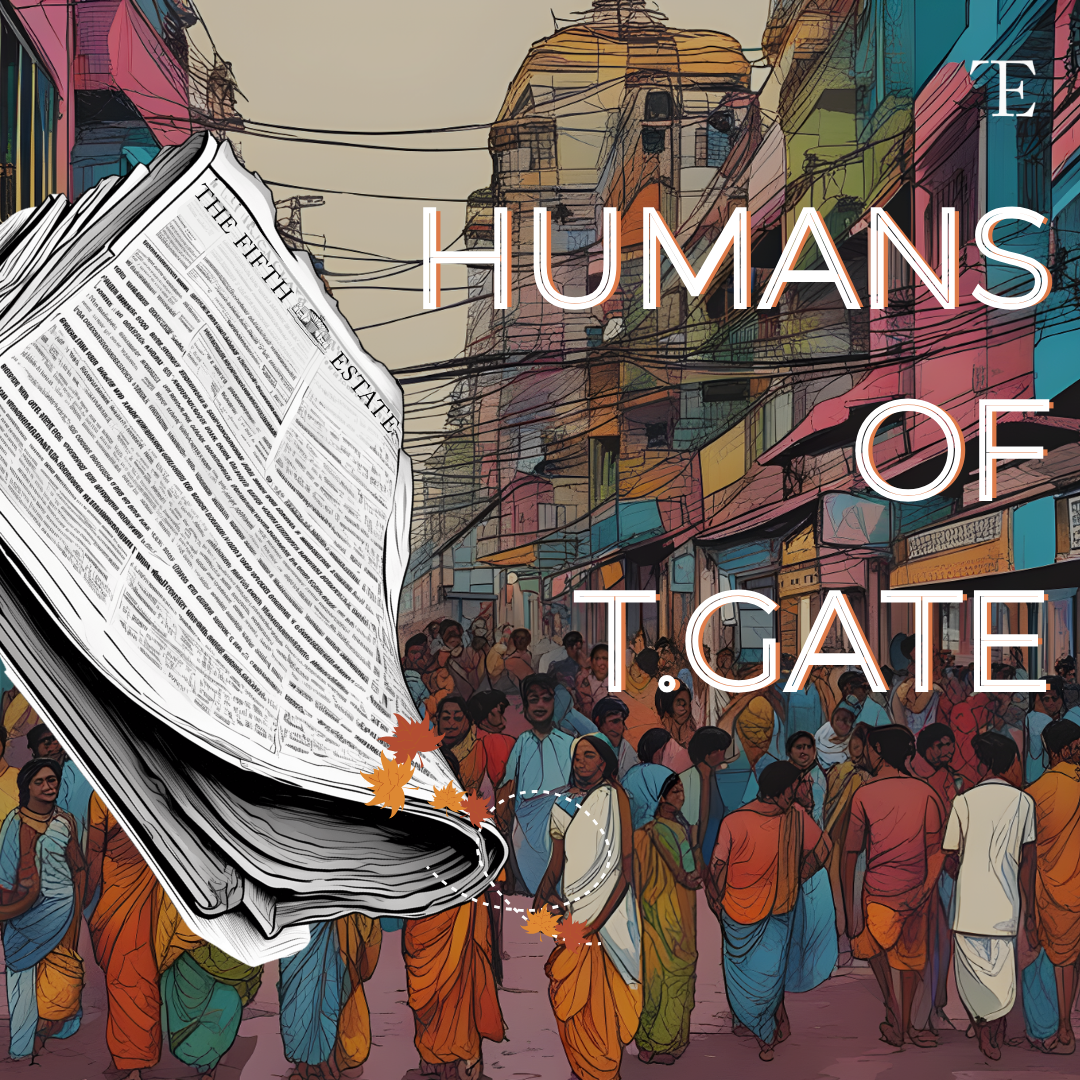During the past few weeks, Chennai has witnessed rains of the scale it has never seen before. The floods that ensued have caused extreme inconvenience, loss of property and in some shocking cases, loss of life. The way in which the whole city is lending a hand to the ones affected is heartwarming.
However, the excessive water-logging and floods have opened up the possibility of outbreak of a few diseases. This article outlines some of the diseases to watch out for and the possible preventive steps that we could take to protect ourselves.
Diseases to watch out for:
-Leptospirosis: A bacterial infection carried by water contaminated with urine of infected rats, dogs or pigs. Symptoms can range from mild headache, muscle pain and fever to severe bleeding in the lungs. In some cases, however, there could be no symptoms at all. The bacterium enters the body when the skin, especially if bruised or cut, or eyes come in contact with the contaminated water.
-Diarrhoea: The disease is caused by the oral intake of contaminated water. It could be viral or bacterial. It’s recommended to take ORS regularly even if there are no symptoms.
-Malaria: A mosquito-borne disease; which if left untreated could potentially lead to life threatening situations. Ways to prevent the disease include sleeping under mosquito nets and residual spraying of insecticide. The symptoms of malaria include fever, chills and fatigue.
-Dengue: While no vaccine or specific medicine is available to treat dengue, preventive measures include drinking plenty of fluids and controlling the fever with paracetamol.
-Cholera: Cholera is an acute intestinal infection caused by ingestion of food or water contaminated with the bacteria. Ensuring safe drinking water and proper sanitation are critical in preventing it.
-Typhoid: A disease that spreads rapidly, typhoid is usually caused by eating contaminated food or water. The illness is usually characterized by headache, nausea, prolonged fever, loss of appetite and even diarrhea.

Some general precautions:
-Do not stand in stagnant water. With sewage water getting mixed with all water sources, standing in these stagnant pools poses danger of infection with leptospirosis or tetanus.
-For those with access to medicines, stock up on ORS packets to prevent diarrhea and anti-emetic drugs to prevent vomiting.
-Have freshly cooked food that’s been heated to boiling point. For those with power, avoid refrigerated food to the maximum extent possible.
-Keep in mind that floodwater often carries germs. If you touch it, be sure to wash your hands with soap and water. If you don’t have soap or water, use alcohol-based wipes or sanitizer.
-If you notice mold, clean it up with a mix of bleach and water.
-Those volunteering in affected areas shouldn’t forget to take tetanus shots. Tetanus shots are especially important when you’re working in flooded areas, and have open wounds.
We would recommend you to read this comprehensive document released by the WHO as well, and follow all the precautions mentioned in this article to stay safe.



